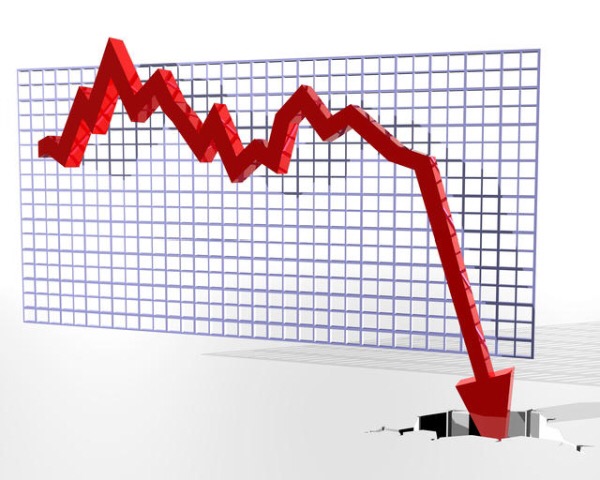Oil giants are competing to buy battery companies
 |
| By 2040 gasoline and diesel sales will approach zero |
For an undisclosed sum, oil giant Shell today announced that it bought German home energy-storage startup Sonnen. This follows a $70 million investment into the firm by the oil group’s venture arm last year.
Founded in 2010, Sonnen says it has installed 40,000 battery packs in homes around the world (paywall). Since it started, the cost of these units have fallen by as much as 80%, thanks to the declining prices of lithium-ion battery manufacturing.
Shell’s acquisition boosts Sonnen’s ability to compete with the likes of Tesla, Samsung, and LG in in Europe, the US, and Australia, all markets where rooftop solar installations are increasingly popular. With a big enough battery pack to store solar power, some homes don’t have to pay for electricity at all.
Sonnen has an edge over Tesla in one crucial way. It uses lithium-iron-phosphate batteries, which are known to be cheaper and longer lasting than the nickel-cobalt-manganese batteries that Tesla uses for both electric cars and home energy-storage systems.
Regardless, the household energy-storage market hasn’t grown as fast as many expected. The upfront costs of these systems remain high, which has led Sonnen to explore alternate business models. In 2018, the company received permission from German network operator TenneT to link tens of thousands of home-battery systems as part of a “virtual power plant." That means, in theory, Sonnen can operate a group of these batteries together like a power plant, balancing the network when there’s a surge in demand. The consumers who opt in to Sonnen’s program receive cash for the grid services their home batteries provide. The company is also experimenting with blockchain technology to manage energy trades between households.
“We’re not trying to replicate what others have done in the past—we want to offer customers what they want going forward," Brian Davis of Shell told Green Tech Media. “In some sense, we’re trying to create the utility of the future." Shell’s “new energy" division already acts as a kind of utility, and it could deploy Sonnen’s batteries to enhance its services.
Previously, Shell has also acquired Greenlots and New Motion, electric-car charging companies in the US and Europe, respectively. Sonnen also says that it has developed its own technology for electric-car charging, which will now become part of Shell’s growing portfolio in this area.
Though we think of oil as a commodity, it is fundamentally stored energy. In that sense, big oil companies’ interest in batteries isn’t surprising. In May last year, BP invested in StoreDot, an Israeli startup with electric-car batteries that it says can charge in less than five minutes. In 2016, Total bought battery company Saft for $1.1 billion. Quartz
